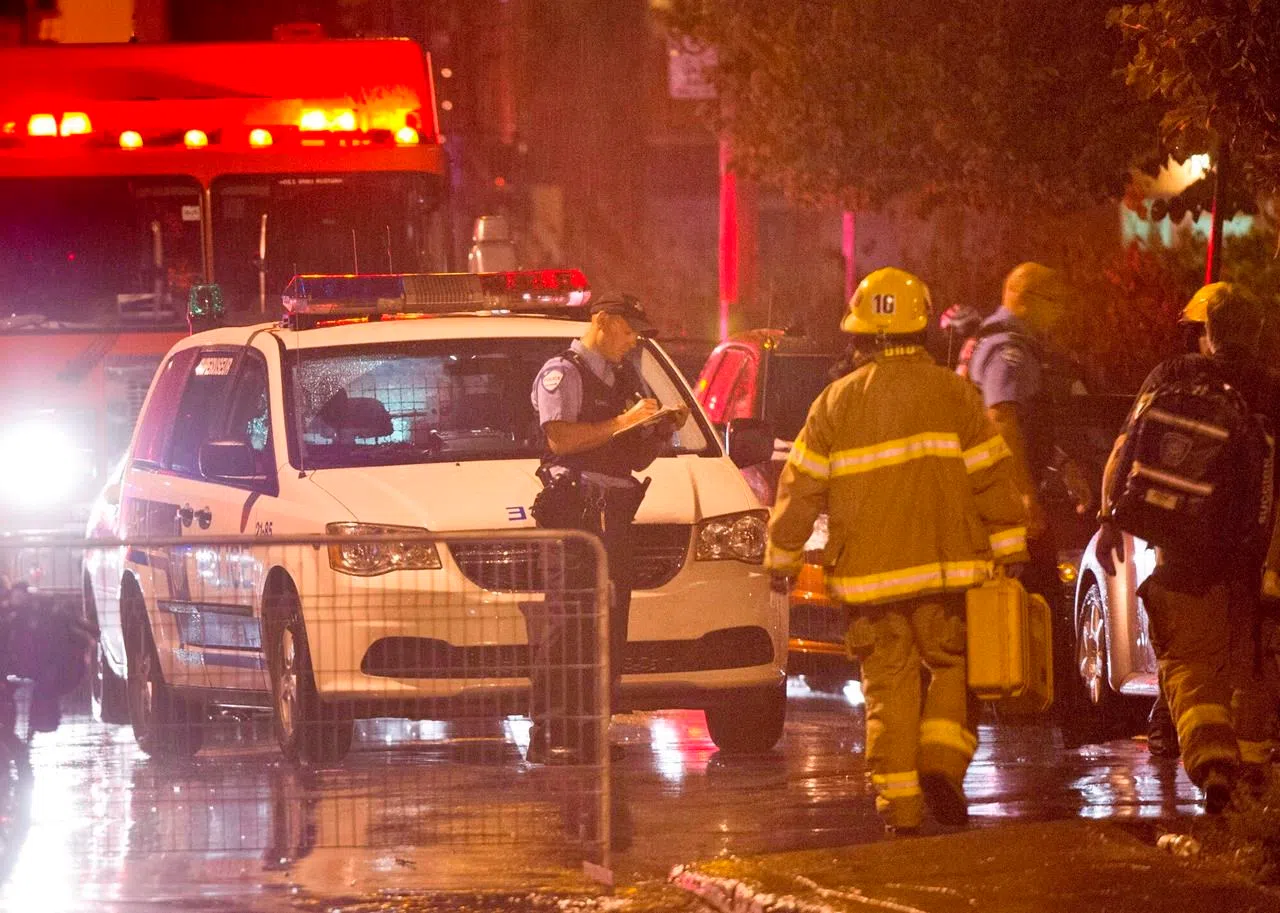
Quebec Court of Appeal upholds Richard Henry Bain’s sentence in election shooting
MONTREAL — The sentence given 2012 Quebec election night shooter Richard Henry Bain will remain unchanged, Quebec’s Court of Appeal ruled Wednesday.
Bain was convicted of attacking a Parti Quebecois rally on Sept. 4, 2012, killing lighting technician Denis Blanchette outside the Metropolis nightclub and seriously wounding one of his colleagues, Dave Courage.
The gunfire erupted as PQ leader Pauline Marois was inside delivering a victory speech, and she was forced to flee the stage.
In November 2016, Quebec Superior Court Justice Guy Cournoyer sentenced Bain to life in prison without possibility of parole for 20 years after a jury found him guilty of second-degree murder. He was also found guilty of three counts of attempted murder — of Courage, a provincial police officer and a dozen other stagehands waiting outside the venue for the rally to end.


